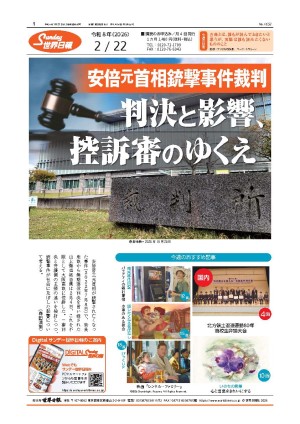国防総省、サイバーセキュリティー向上で新技術導入か Pentagon eyes bitcoin blockchain technology as cybersecurity shield
米国防総省は、テロリスト、麻薬の売人、マネーロンダリングに利用されてきた仮想通貨ビットコインを、米軍の技術、通信、購入を保護するために間もなく採用する可能性がある。
民間のアナリストらによると、ビットコインの技術的バックボーン、ブロックチェーンを利用することで、米軍全体のセキュリティーが大幅に改善し、大規模ハッキング、改竄(かいざん)、車両、航空機、人工衛星の乗っ取りを防止できるようになるという。
...【全文を読む】







